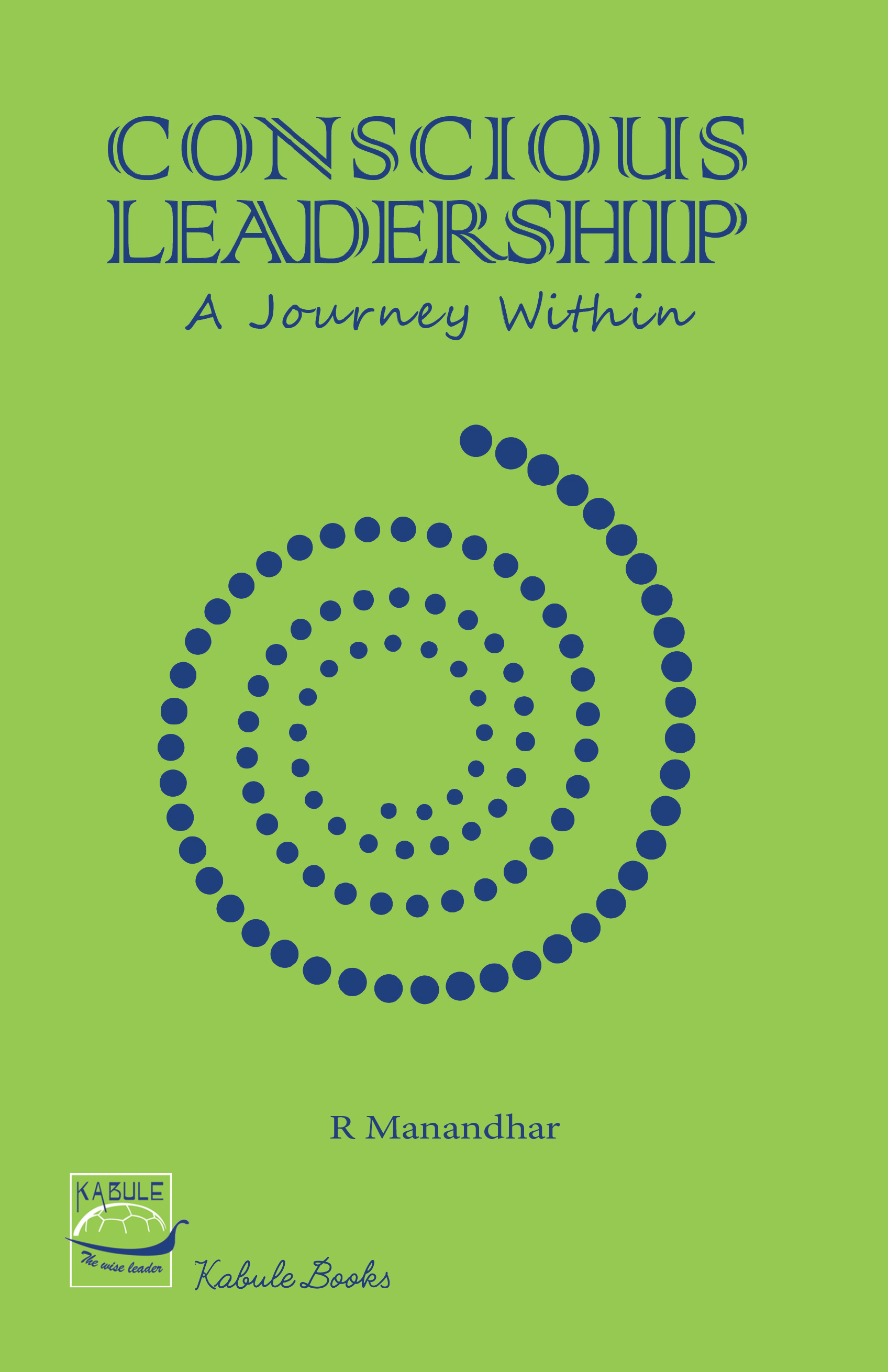Browse By Category
Contact
R. Manandhar
Trainer/Consultant
Email : kabuleader@gmail.com
Phone: +977 981 346 1049;
Phone, Viber, Wapp: +977 984 133 9585
(If call not picked up, please leave a message. We will call back.)





Customer feedback
 Hema Shrestha (AED/FHI)
Hema Shrestha (AED/FHI)
I have been to Kabule’s Leadership training by Kiran too. Both are equally effective and practical. Only format and presentation are different. We need to wait for occasions to apply the learnings from other programs. But these can be used immediately and get result instantly. I am feeling I am being transformed right now.
[Read More]
Kabule Activities
Education to awaken leadership
May 21, 2025
Does education produce leaders? The answer could be ‘yes’ and ‘no’. If education helps to solve societal problems, it is ‘yes’; if not, it is ‘no’. Every year, we hear about break out of diarrhoeal diseases in Bajura, food scarcity in Karnali, flood devastation in Tarai districts, problems of waste disposal in cities, among others. What is the role of education in responding to these problems? Is there any change in the way problems are addressed since more and more people are getting educated?
We know what normally happens when a problem arises. People become anxious and start asking for support from the government and NGOs. As usual, government mechanism is so sluggish that by the time it responds, people would already have suffered a lot. And there is lots of criticism about the negligence and inefficiency. But once the problem is temporarily gone, everyone forgets everything. Even media coverage is limited to when the problem is intense. My supposition is that if education awakens leadership in people, they should be able to feel the problem and think for a change.
The question is not only about societal problems but also management in organisations. Peter Singe quotes Edwards Deming in his management classic The Fifth Discipline, “We will never transform our prevailing system of management without transforming our prevailing system of education.” Deming further says, “The relation between a boss and subordinate is the same as that of a teacher and student. The teacher sets the aims, to which the student responds. The teacher has the answer, the student works to get the answer. Students know when they have succeeded because the teacher tells them. By the time all children are 10, they know what it takes to get ahead in school and please the teacher — a lesson they carry forward through their careers to please bosses while they fail to improve the system that serves customers.”
American economists Samuel Bowles and Herbert Gintis find the social relationship in schools mirroring hierarchical division of labour in the work place. In both places, motivation is extrinsic — in schools you get grades and at workplace you get pay and promotion.
Our education system mainly focuses on reproduction of knowledge. Stale knowledge is ineffective in making a change. A live example is that knowing bribery is wrong does not stop it from happening. Ability to think is more important. We hear teachers complain that students are copying answers from class notes, books and now from the internet. My question is, why give questions to which answers can be copied from somewhere? Why not ask questions that require original and individual thinking?
If we want a better country, we need our people to become leaders of their lives and their society. Education can do this, but it needs a shift from the present system of overloading information to encouraging people to think and feel freely. Hence, as Deming advises, “Education needs to stress on love rather than fear, curiosity rather than an insistence on ‘right’ answers, learning rather than controlling.”
(R. Manandhar is the lead facilitator at Kabule – The Wise Leader. He has been a regular columnist on leadership for ten years in The Himalayan Times, Nepal's largest-selling English daily. This article was originally published in the paper’s 'Leadership League' column. He can be contacted at kabule2020@gmail.com.)

 Free download a book on Leadership
by Kabule publication
Free download a book on Leadership
by Kabule publication





